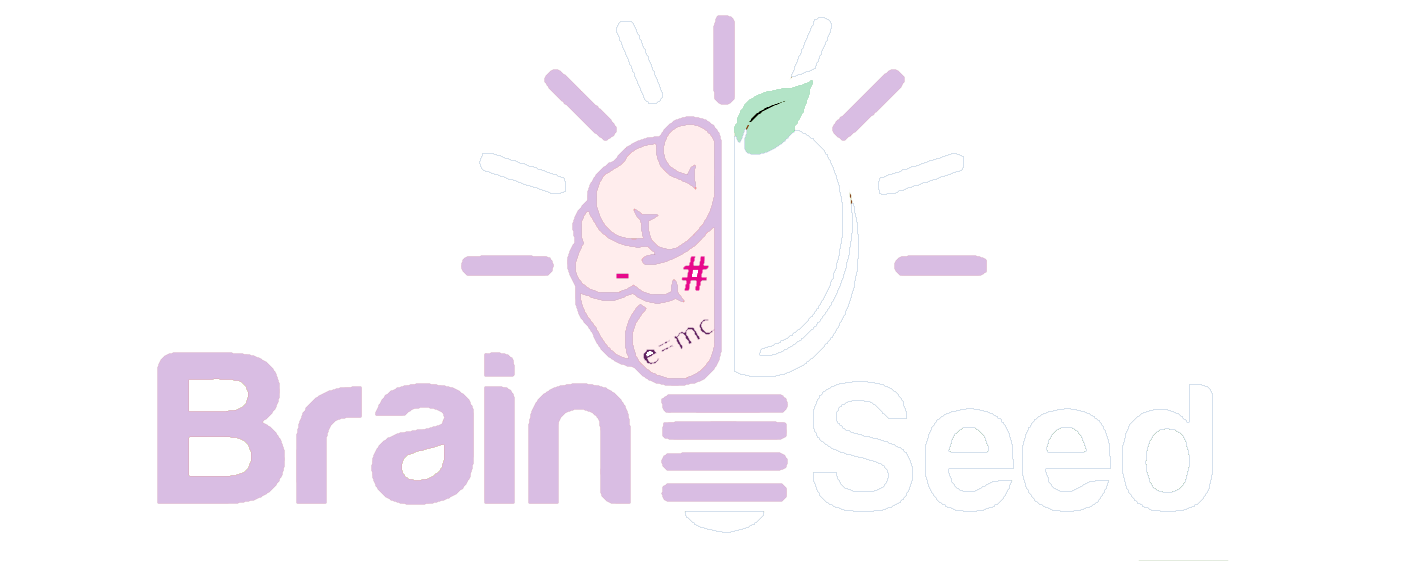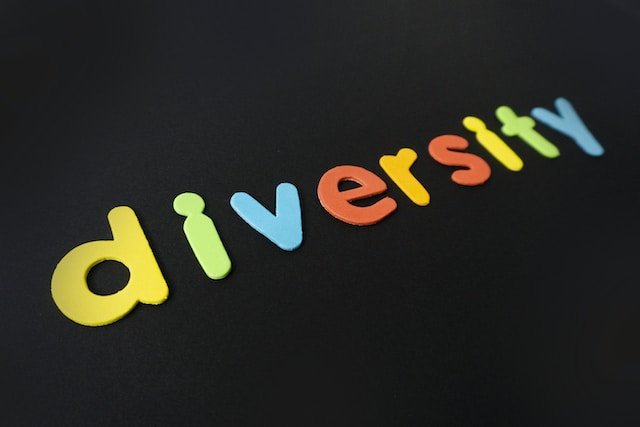The role of drama in promoting the values of multiculturism and diversity.
Drama has been a powerful tool for exploring and promoting social issues, including the importance of multiculturalism and diversity. In a diverse city like Hong Kong, where various cultures and communities coexist, drama can play a vital role in fostering understanding, empathy, and respect across different groups.
The Role of Drama in Promoting Multiculturalism and Diversity
Drama can promote multiculturalism and diversity by creating empathy and understanding. By exploring the experiences of different communities and cultures, drama can highlight their similarities and differences and promote a more inclusive and accepting society.
One way in which drama can promote multiculturalism and diversity is by giving a voice to underrepresented communities. In Hong Kong, where there are many different ethnic and cultural groups, drama can provide a platform for these communities to share their stories and perspectives. By shining a light on these experiences, drama can promote empathy and understanding across different segments of society, and encourage greater courage and advocacy for the benefits of diversity and inclusion.
Another important role of drama is in education and awareness-raising. Through performances, workshops, and other events, drama can raise awareness of the importance of multiculturalism and diversity, and encourage critical thinking and reflection. For example, drama can be used in schools and universities to teach students about different cultures and the importance of diversity. By engaging students in these important topics, drama can inspire them to become more active and engaged citizens, and to advocate for multiculturalism and diversity in their communities.
Drama can also be used as a tool for activism and advocacy. In Hong Kong, where social and political tensions are increasingly pronounced, drama can be a powerful way to mobilize people and raise awareness of important social issues. By organizing public performances and events, drama groups can draw attention to issues like discrimination, inequality, and environmental degradation, and encourage people to take action to address these issues.
In conclusion, drama plays a crucial role in promoting the benefits of multiculturalism and diversity in Hong Kong. Through its ability to create empathy, encourage critical thinking, and mobilize people for action, drama can help shape public discourse and foster a more inclusive and equitable society. By continuing to engage with drama as a platform for social change and advocacy, Hong Kong can work towards a more diverse and socially just future for all.
Are you looking for a fresh and exciting way to engage your school’s drama program or your child’s creativity? Try YouTube drama! It’s a fun and modern way for students to create and perform in their own videos. YouTube drama is flexible, convenient, and can even reach a wider audience. Plus, it teaches valuable skills like video production, editing, and storytelling. Click here to learn more about how YouTube drama can benefit your school’s drama program.







